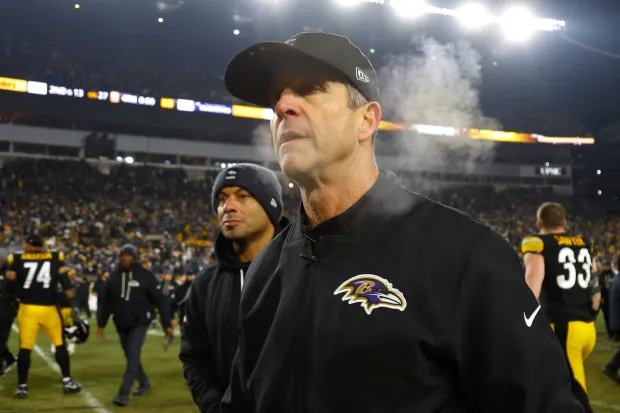A youth baseball team from Venezuela has been denied entry into the United States, preventing them from competing in the 2025 Senior League Baseball World Series in Easley, South Carolina. The team, Cacique Mara from Maracaibo, had earned its place by winning the Latin American regional championship in Mexico.
Despite traveling to Bogotá, Colombia, two weeks in advance to apply for U.S. visas, every member of the team was denied entry. The decision has sparked frustration and disappointment, especially among the players aged 13 to 16 who had worked hard to reach the international stage.
Little League International called the situation “extremely disappointing” and expressed sympathy for the young athletes who lost a once-in-a-lifetime opportunity through no fault of their own.
Kendry Gutiérrez, president of the league in Venezuela, described the process as unfair, accusing U.S. authorities of giving the team false hope. He stated that the players were crushed by the decision and that the denial had caused emotional and financial strain on the team and their families.
As a result, the runner-up team from Mexico, Santa María de Aguayo Little League from Tamaulipas, has been invited to take Venezuela’s place in the tournament, which runs from July 26 to August 2.
The visa denials appear to be related to a travel restriction policy first enacted during the Trump administration. The policy limits entry for citizens of certain countries, including Venezuela. Although there are provisions for exceptions in major international sporting events, those waivers were not granted in this case.
The U.S. State Department has since confirmed it is reviewing the matter to determine whether the consular process was properly followed and whether the team’s appeals were handled correctly.
This is not the first time sports teams from sanctioned countries have faced difficulties entering the United States. Earlier in July, a women’s volleyball team from Cuba also had its visa applications denied. The incident has raised concerns about how such policies might affect participation in upcoming global competitions, including the 2026 FIFA World Cup and the 2028 Olympic Games, both scheduled to be held in the United States.




